Welcome back to Chess in Small Doses. The last chess report I wrote was in July 2023. Since then I’ve played a lot of games… sort of.
OTB Games Played: 0
Classical Games Played: 10
Rapid (aka Training ) Games Played: 15
Blitz games played: >300 between Chess.com and Lichess.org
Here’s the AimChess report for the classical games:
So what gives?
Well a few things. First, blitz (with analysis) is a good way to test your repertoire. I chose a “new” repertoire from a book I purchased. I say “new” because I was playing similar lines already but there’s some key differences. The book is a full repertoire for 1.e4 (and yes I bought an actual physical book) by Quality Chess. I’m comfortable with my Black openings for 1.e4, 1.d4, 1.c4, and 1.Nf3. I used these blitz games to get new positions and try to learn in hindsight what the opening line was and what the plans were. Take this one for example… for some reason I’ve run into this line as Black. Maybe White players think it’s going to confuse their opponent? I don’t get it.
However, blitz is also like crack. It’s so easy to just get a quick game and not care. But I can’t be the only one who’s seen blitz habits bleed over into longer games. It’s so hard to slow down sometimes. That showed up in my worst game (52% accurate??…thanks Blitz!)
I just am not sure what I was thinking with 25…Nc3?? I thought I would win a piece…but I was mistaken. I went on tilt and later dropped a rook…or would have if I hadn’t resigned.
Of course it wasn’t all bad, I had a pretty checkmate in my best game (92% accurate)!
In the end I scored 2.5 / 7 in Classical games. That’s a smackdown that led to me losing some 57 rating points over the 3 months. Ouch.
Ratings don’t matter per se, but they’re still a good indicator of the general trend. Looking over the data and the games I’ve come to two conclusions:
#1) I am getting good positions but I’m not always clear how to take advantage of them.
#2) I often don’t understand the positions in the endgame, leading to errors in judgment.
Let’s look at endgames a bit:
In this game I played Rxf4 which took the game from SF -0.9 (Black is ahead) to SF -3.9 (Black is winning). Capturing instead with the pawn made Black’s rook less active, giving White a chance for a draw. I went on to lose this game badly.
As for good positions, here’s a good example:
It’s White’s move and Black’s last move (Bf5) took us out of theory. Both sides have castled but Black has a loose bishop on f5 and the knight is hanging on c6. White has options, but I wasn’t sure what the plan was here. Looking back the simplest plan would be Bxc6 giving Black doubled pawns then followed by Rac1… but I didn’t do that. Simple, principled chess would have been fine instead of what happened.
Aimchess has given some good insight into the elements of my game. Tactics and openings are ok, but capitalizing on my advantages and endgames are a work in progress. From looking at the games it’s clear I know my way out of the opening, but after the I often lack for a plan. Same holds true for my Rapid training games.
I interpret this as a weakness in both strategy and calculation. These are challenges that can be overcome with time. I’ve settled on a simplified routine of work to improve this.
Daily tactics and calculation (tracking error types, writing down solutions)
Strategy work (Simple Chess first, then The Power of Pawns)
Training games (Rapid time control)
One more thing. Recently I read a non-chess book on learning and memory that has changed my entire thinking on how to study chess. That will be the subject of my next post… how to study chess. See you next month.
Lastly, a personal note. My wife had a medical emergency early in October. Thankfully she is alright, but there is some recovery. Chess took a back seat during much of October. Our family is grateful to be whole, but aware that life is very fragile at times. Take this advice… love on the ones you care for but also make sure you do some weight bearing exercise. Connection keeps you going and exercise is the closest thing to the fountain of youth I can think of. Without all the work we’ve done as a couple and a family over the years, things would have been different.


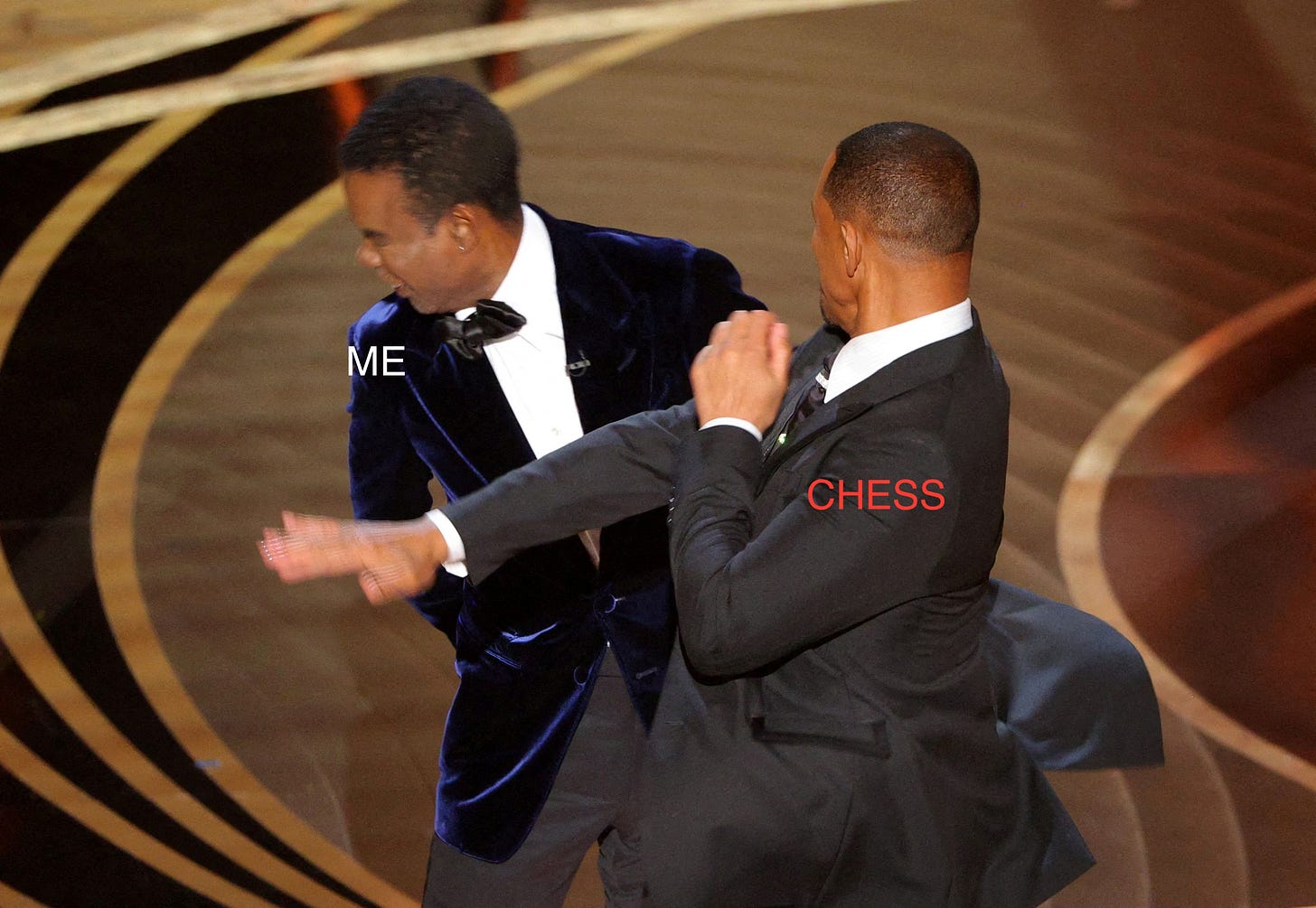


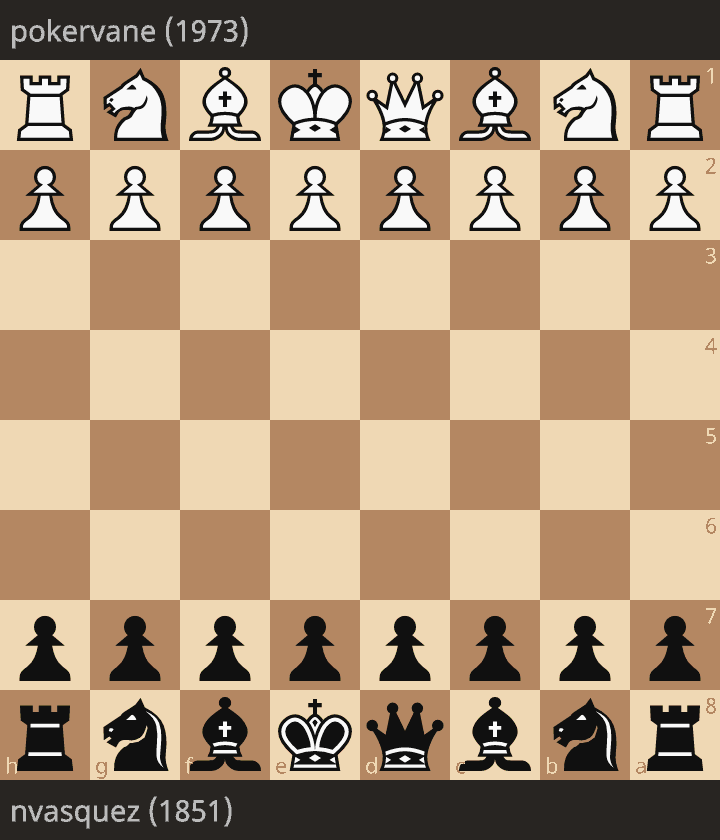
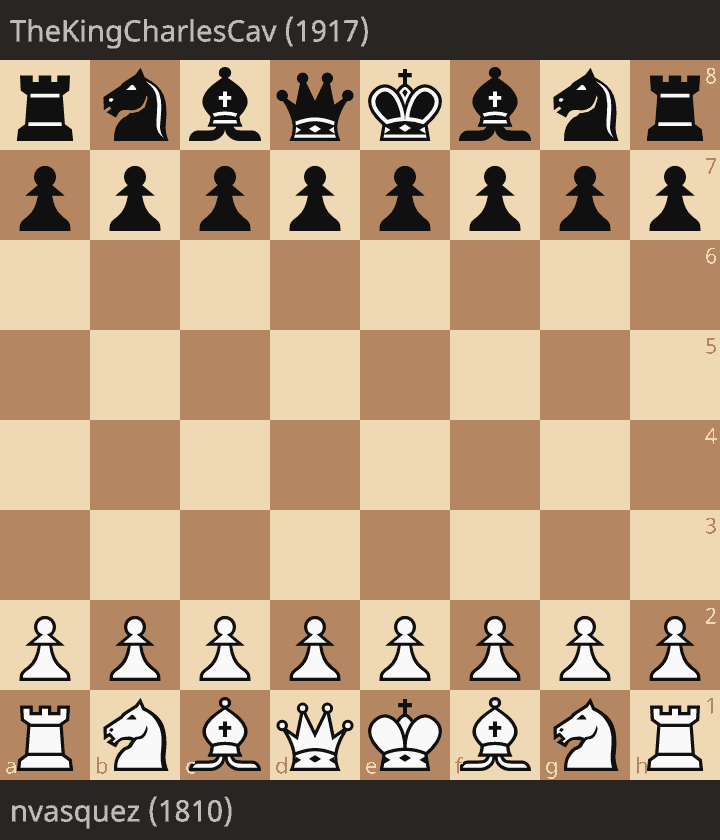
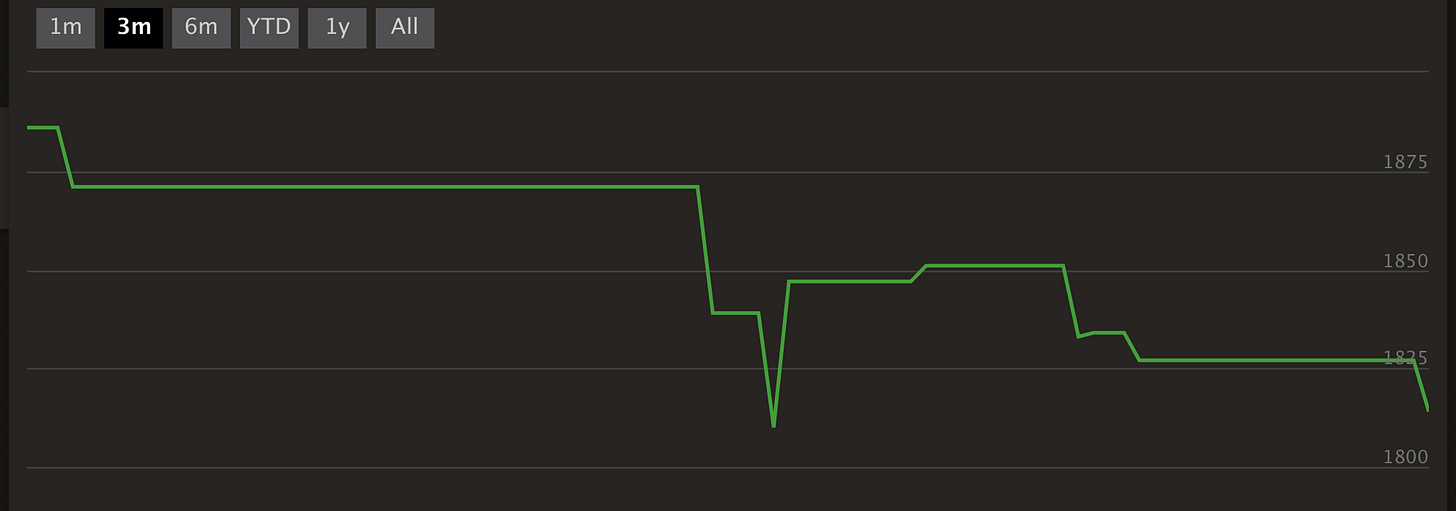
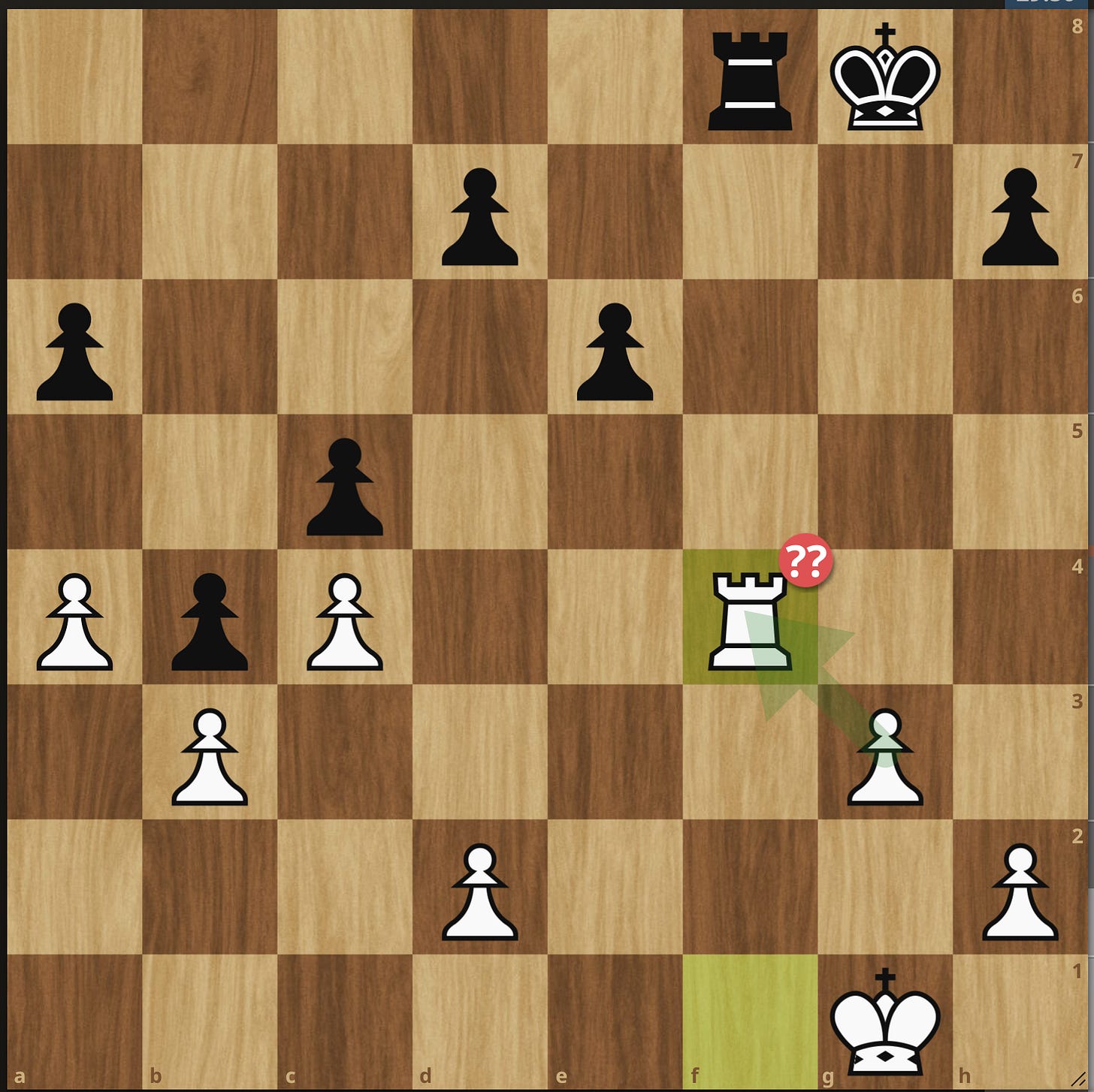
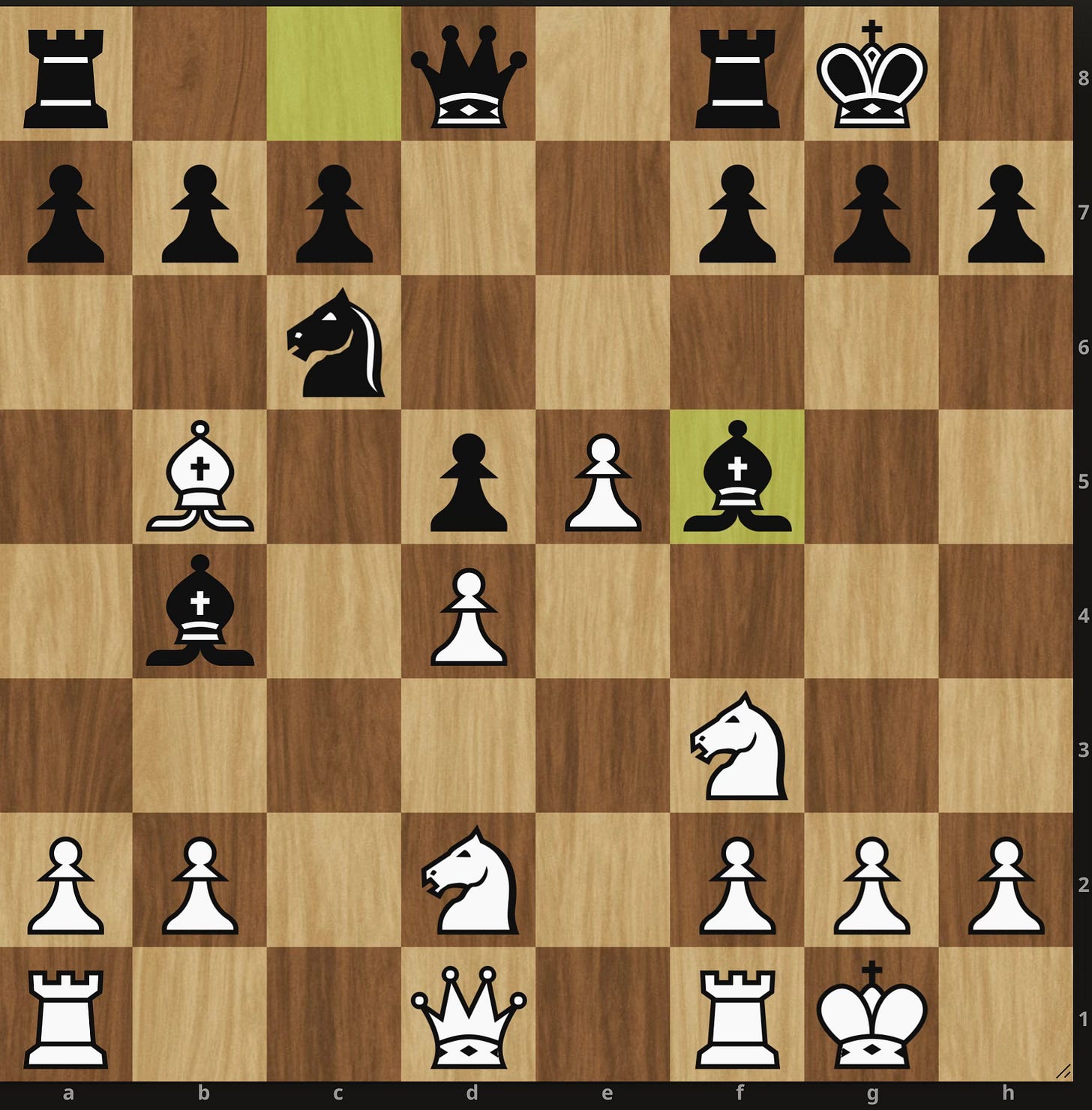
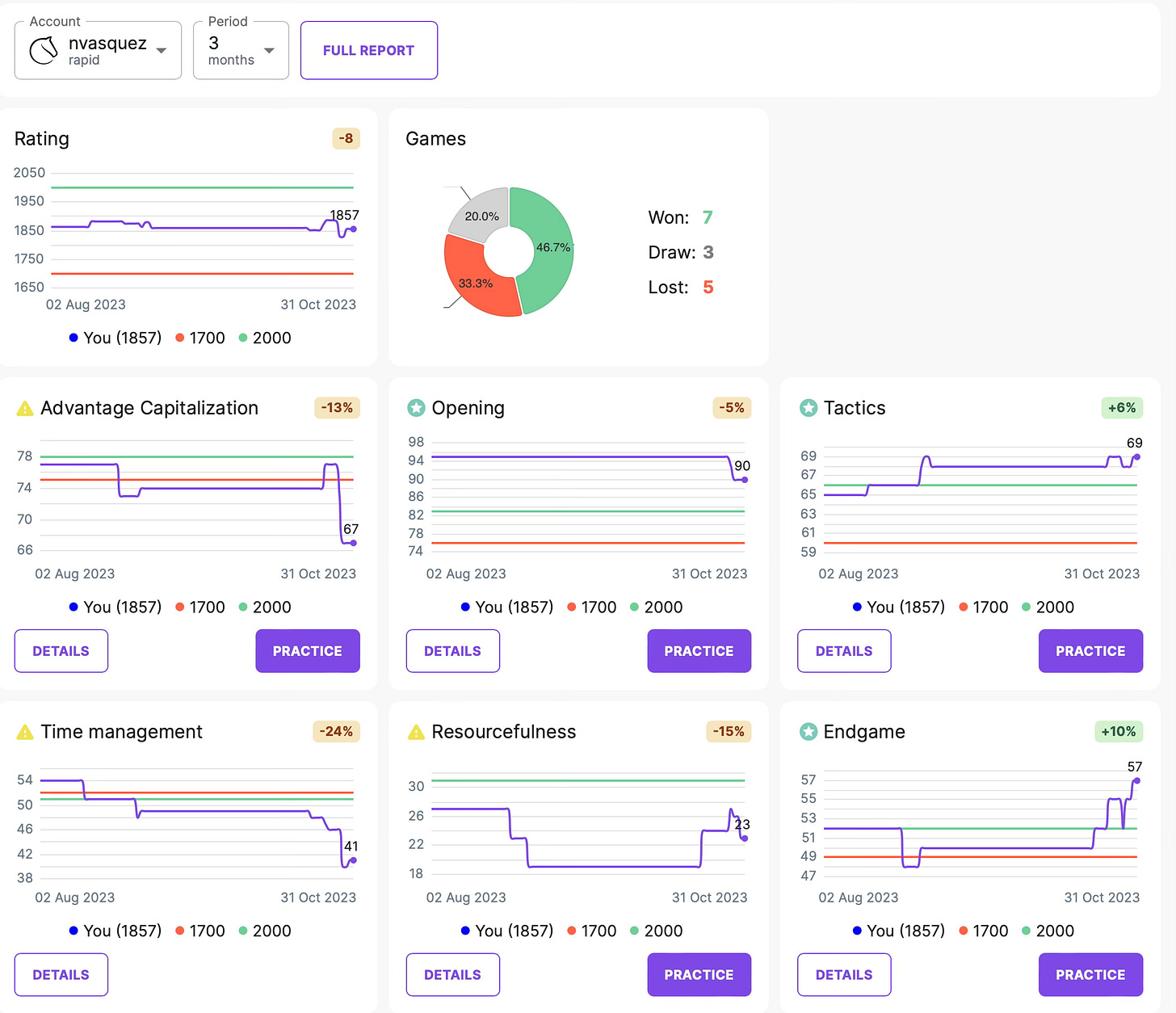
Very glad your wife recovered from that. Nice post and look forward to hearing about the non chess book you mentioned.
Sorry to hear about your wife Nick, I hope the recovery continues